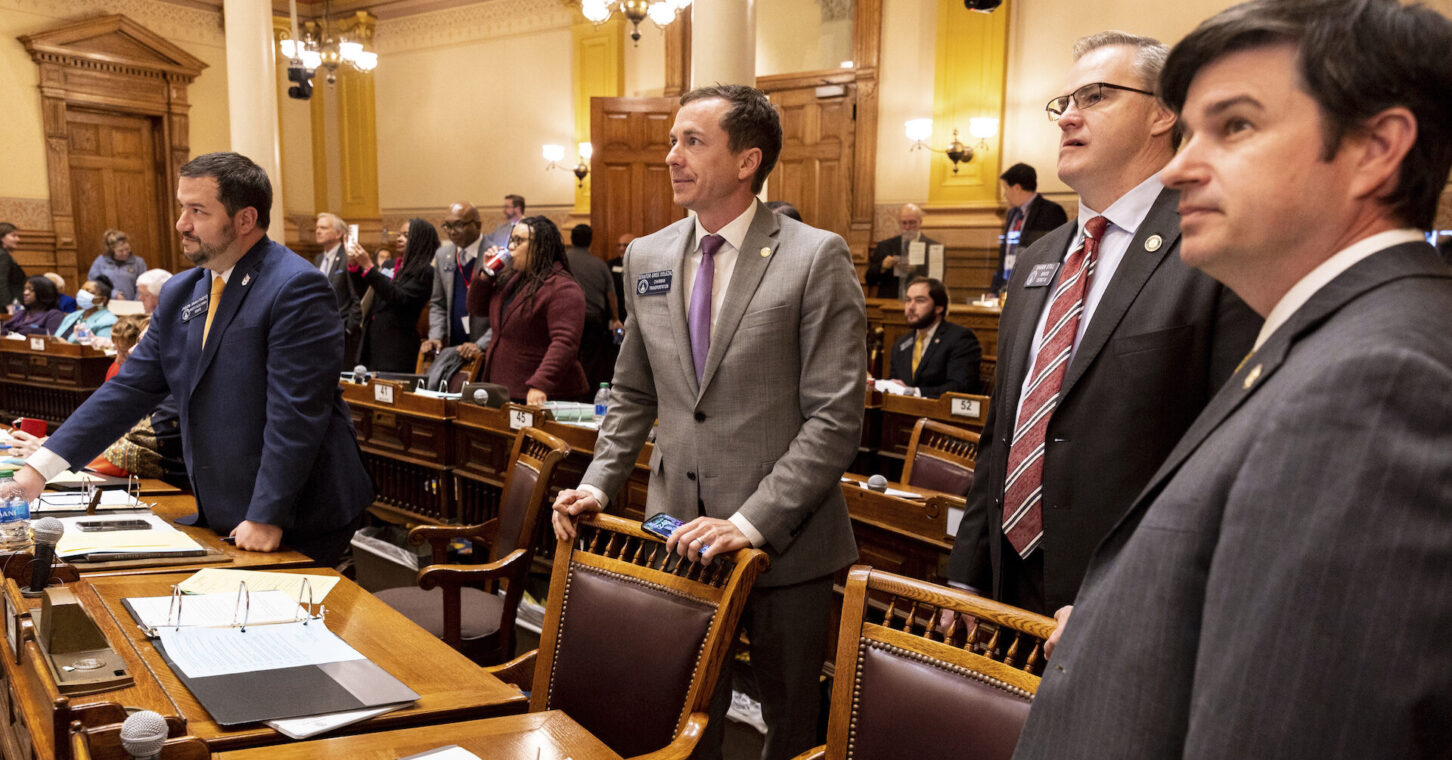
As the calendar turns to March, the 2024 legislative session enters its final stretch. With Crossover Day – the date by which a bill must pass out of at least one chamber – now in the rearview and candidate qualifying ending this week, what will the final weeks of this session hold?
Perhaps the defining moment before the legislature adjourned in 2023 occurred when a bill that would have allowed students in failing schools to receive a scholarship account towards private school enrollment, educational supplies or tutoring failed to receive the necessary votes needed to pass the House. Opponents reacted with delight while supporters were left bewildered to assess what just occurred.
Despite school choice legislation advancing elsewhere across the country – including our neighboring state of Alabama just this week – the bill has not seen any legislative movement since it failed on the House floor right before Sine Die last year. While it remains a stated priority of every Republican leader under the Gold Dome, less than 10 legislative days remain to get it across the finish line.
Medicaid expansion remains a priority among Democratic leadership, and House Speaker Jon Burns signaled a willingness to explore it early in the session. Despite this, the biggest boost Medicaid expansion has received in Georgia since the Affordable Care Act was signed into law over a decade ago, the push has seemingly stalled out this year.
However, a commission to examine Medicaid expansion was proposed in a bill to modify the state’s certificate of need system that determines whether new healthcare facilities or services are allowed to open. After passing the House, the Senate began debate on that bill in committee this week.
Bills have passed in at least one chamber that would reduce taxes on personal incomes, the corporate rate and property taxes as well as scale back tax credits across the board. The final outcome – whether all or some pass and at what rate – remains to be seen.
Legislative attempts to tackle housing affordability appear to have fizzled out once again. A bill that would have incentivized local governments to allow for more housing failed to pass out of the House, but a bill from last year that would limit moratoriums on new housing construction remains on the table. Conversely, legislation that would allow local school systems to levy development impact fees on new housing passed the Senate.
A bill that would preserve the right for a private ballot on whether to unionize for companies that receive economic development incentives from the state has passed the Senate and is waiting for a vote in the House.
Regardless of whether these bills pass, a large amount of work and many late nights remain for legislators and the rest of us at the Gold Dome during the final weeks of this session.
